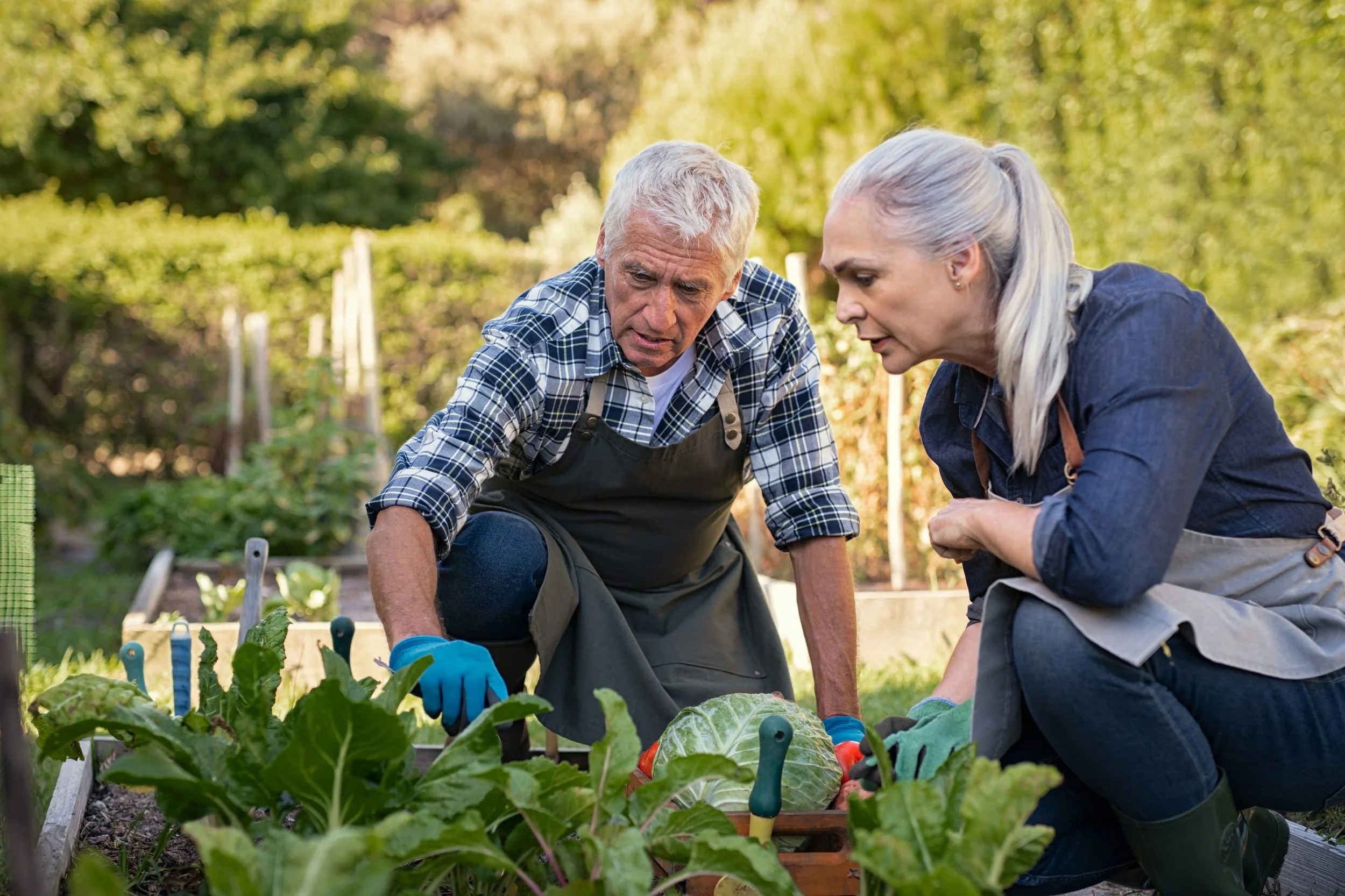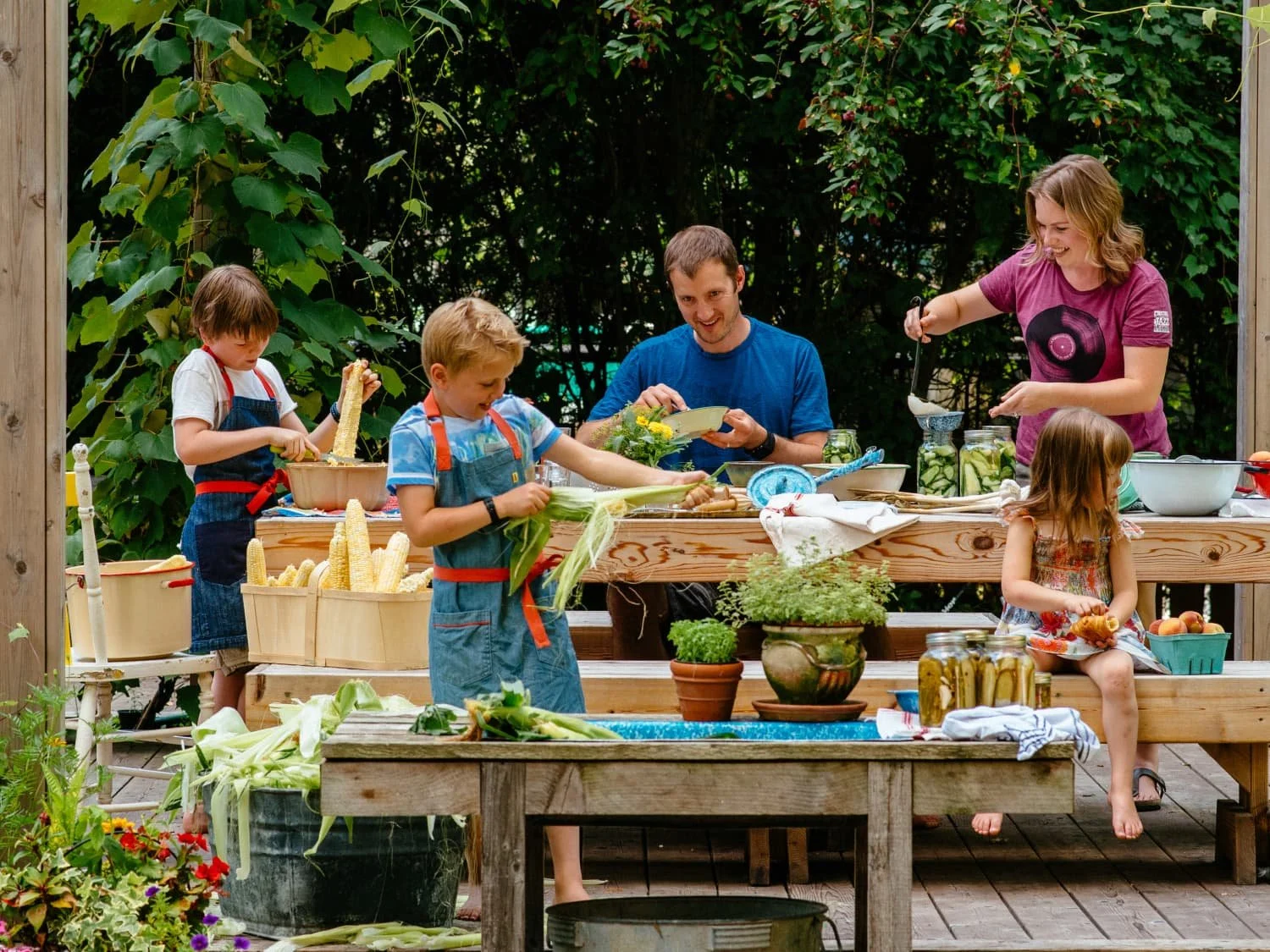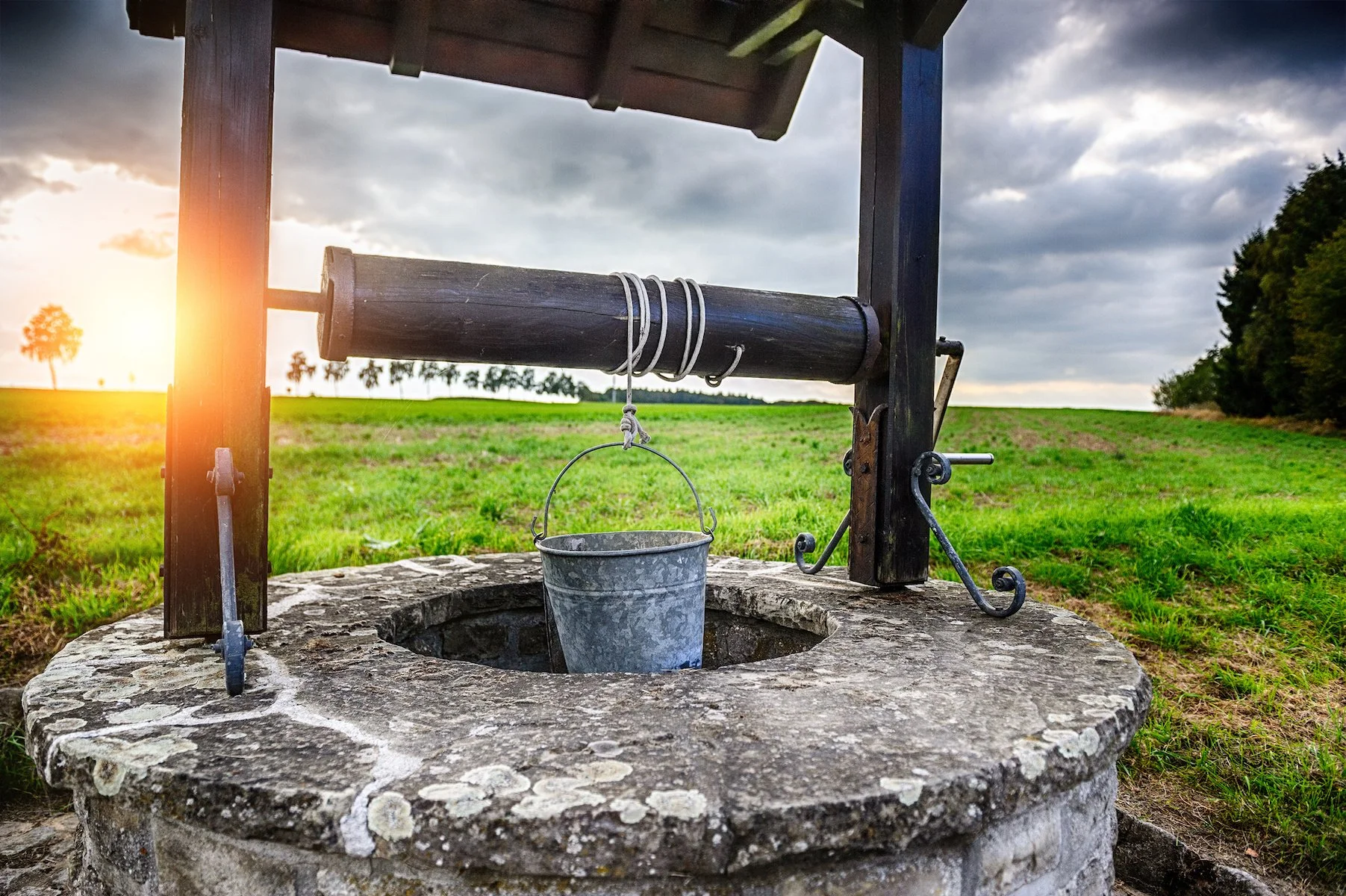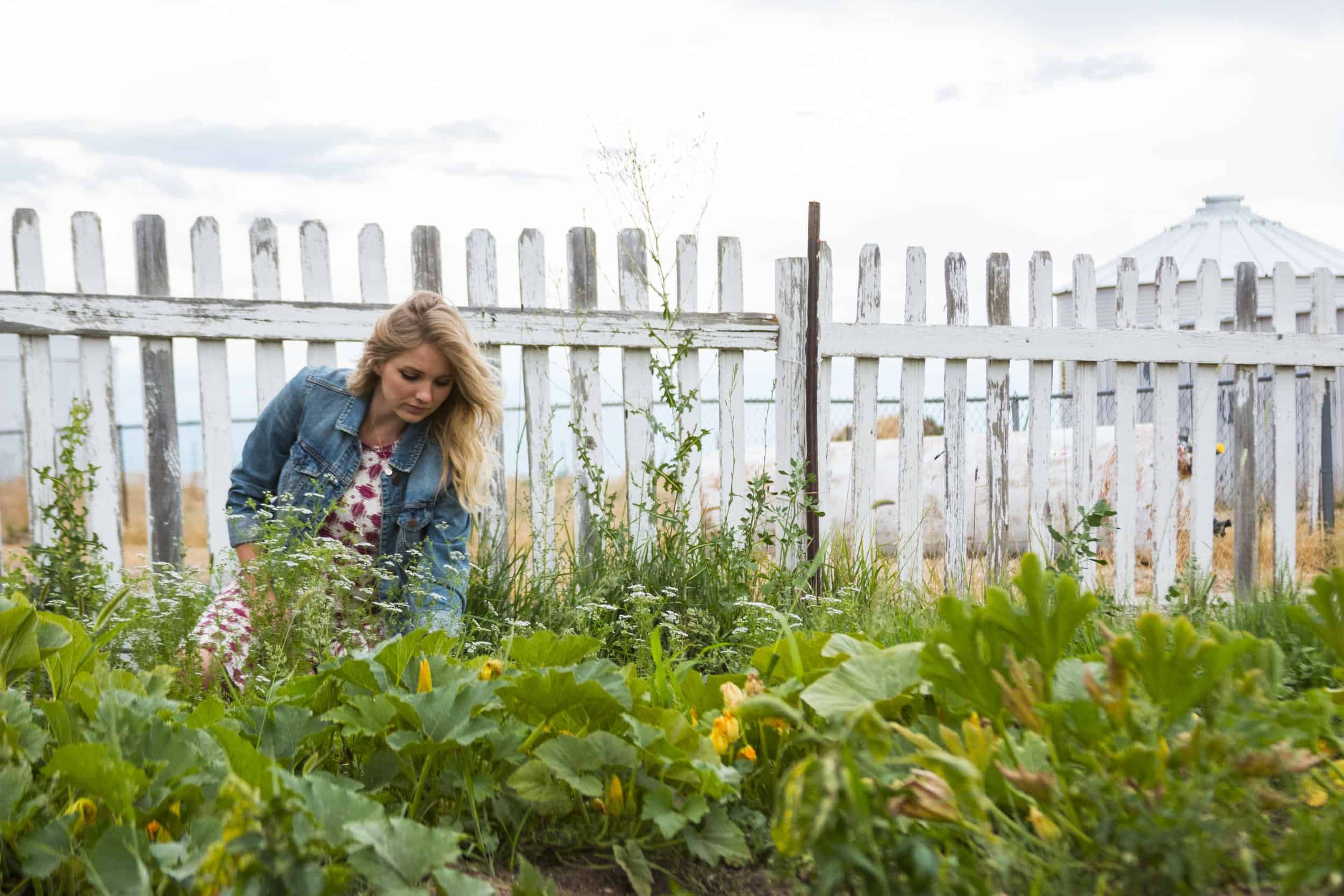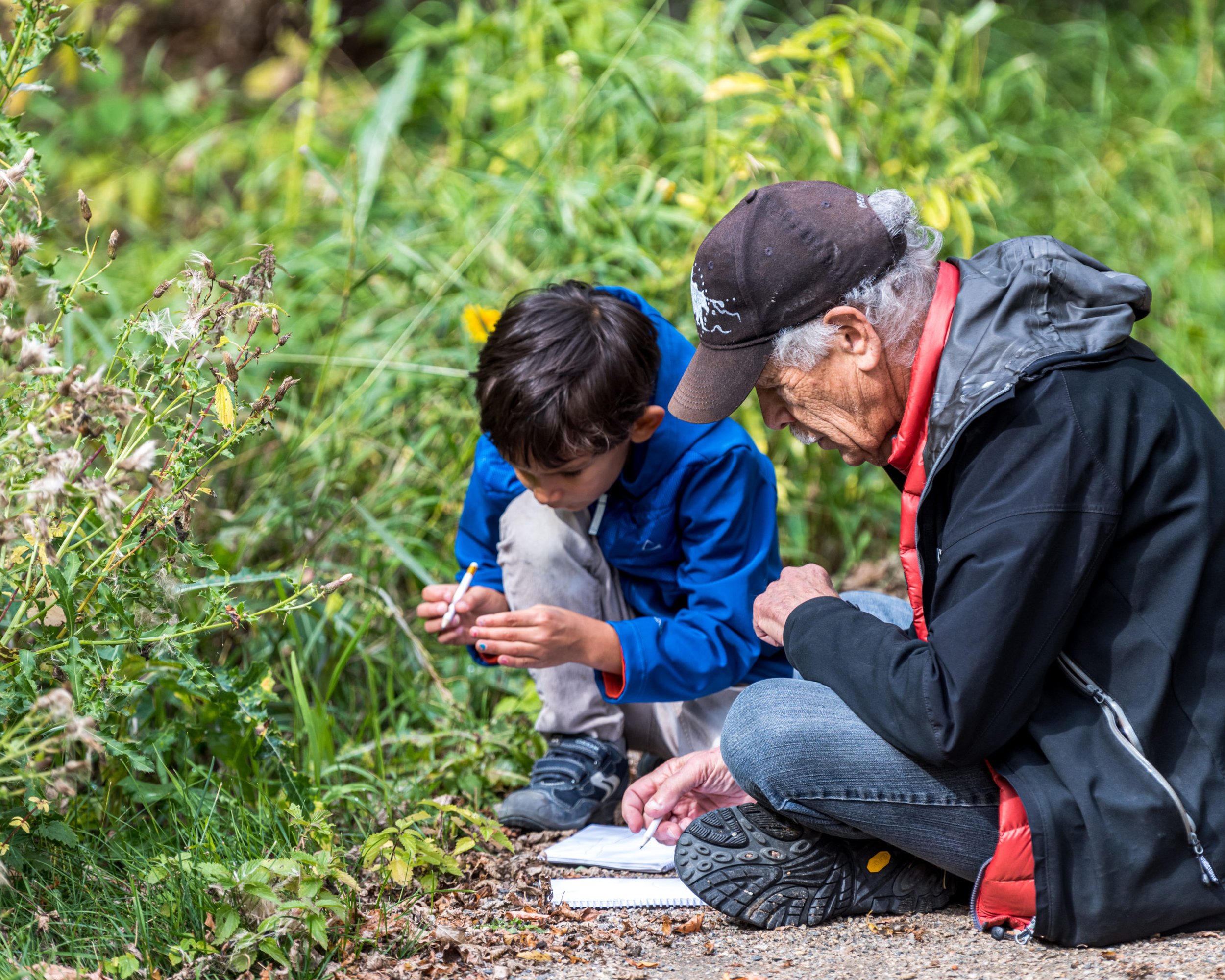Homesteader Definition
Discover > Homesteading > Homesteader Definition
Homesteading is a lifestyle embraced by many people who strive to live a self-sufficient life and lessen their dependence on modern systems. This movement has recently gained popularity, and the term "homesteading" can be found in various media outlets such as blogs, social media, podcasts, and more. But what does homesteading really mean? What is the definition of a homesteader? In this article, we will delve more into the world of homesteading and explore its core principles and values.
The definition of homesteading is difficult to describe because it encompasses certain ideas and lifestyles without being confined to specific criteria. Some people believe that to be considered a homesteader, one must own a large piece of land and grow or produce their food. Others see homesteading as a mindset that embraces self-sufficiency, minimalism, and sustainability.
Homesteading can be a simple or complex practice, and it varies depending on one's values and goals. For example, some homesteaders may choose to live in a rustic cabin off-grid, while others may opt for an urban homesteading lifestyle, growing plants and fruits in a small urban garden. The unifying factor among homesteaders is their desire to live a self-sufficient and independent life.
The typical practices of homesteading include raising livestock and poultry for meat and dairy, preserving food, gardening, composting, and utilizing renewable energy sources. Additionally, homesteaders may engage in traditional crafts such as canning, soap making, and woodworking, among others.
Homesteading is not only a lifestyle but also a philosophy that emphasizes community involvement, conservation, and environmental responsibility. Homesteaders tend to share their skills and knowledge with others through workshops, classes, or online platforms. They promote organic and sustainable practices, reducing their carbon footprint, and creating a more equitable and meaningful lifestyle for themselves and those around them.
Key Points of The Homesteader Lifestyle
Self-Sufficiency
A key aspect of homesteading is the ability to produce your own food and be self-sufficient. This means growing your own vegetables, raising livestock for meat and dairy products, and even fishing and hunting for food.
Homesteaders often learn skills such as canning, preserving, and fermentation to store food for the winter months. Being self-sufficient also means producing your own energy and water resources, such as using solar panels and collecting rainwater.
Sustainability
Homesteading is a sustainable way of living because it promotes using resources in a way that doesn't deplete them. Homesteaders often use permaculture and regenerative agriculture practices to ensure long-term food security and soil health.
By living sustainably, homesteaders are able to reduce their carbon footprint and contribute to a healthier planet.
Minimalism
Homesteading is a minimalist way of life, where you learn to live with less and appreciate the simple things in life. This means being conscious of your consumption and reducing waste.
Homesteaders often use alternative tools and equipment, such as hand tools instead of power tools, to reduce their reliance on fossil fuels. The minimalist lifestyle of homesteading can also lead to financial freedom and less stress.
Homesteading is a lifestyle that values simplicity over materialism. By living off the land and producing what they need, homesteaders often find that they need less and are happier with what they have. This leads to a simpler, more fulfilling life that is free from the pressures of consumerism.
Community
Homesteading can be a solitary lifestyle, but it also fosters a sense of community. Homesteaders often share resources, skills, and knowledge with one another. They also support local businesses and farmers by buying local produce and goods. Homesteading can also lead to a deeper appreciation for community and human connection.
It often involves working with family, friends, and neighbors to run a successful homestead. This creates a sense of community and allows individuals to share knowledge and skills with one another. Many homesteaders also sell their produce and products locally, which further strengthens community ties.
Challenges of Homesteading
While homesteading is a fulfilling way of life, it also comes with its challenges. Homesteaders must be prepared to face adversity, such as disease in livestock, crop failures, and extreme weather conditions. Homesteaders also often have a steep learning curve when it comes to acquiring new skills and knowledge.
Growing and Preserving Food
Growing your food is a fundamental aspect of homesteading. You can start growing a vegetable garden to provide fresh produce for your family. As you become more experienced, you can start growing fruit trees, berries, and even medicinal herbs.
Another important aspect of homesteading is preserving food. Canning, dehydrating, and freezing are popular methods of preserving food for the winter months when fresh produce is scarce.
Raising Animals on Your Homestead
Raising animals is another key aspect of homesteading. You can raise chickens for eggs, goats for milk, or cows for beef.
You can also keep bees for honey (how long does honey last?) or have a small orchard of fruit trees. Caring for animals requires time and effort, so make sure you're prepared for the commitment before starting.
Homestead Projects
Homesteading is also about self-reliance and resourcefulness. As a homesteader, you'll constantly be working on various projects around your property, from building fences to constructing a root cellar.
You'll also need to learn new skills, such as woodworking, baking bread, or knitting. These projects are not only practical but also rewarding and satisfying.
Benefits of Homesteading
Homesteading is a lifestyle that offers many benefits. You'll be able to provide fresh food for your family, reduce your carbon footprint, and save money by not having to buy as much from the store. Homesteading also promotes a sense of community as you share your produce and skills with others.
Home Preservation
One of the key points of being a homesteader is home preservation. Homesteaders aim to be self-sufficient, so they often take steps to conserve energy and resources. This can be achieved through the installation of solar panels, using recycled materials in construction and relying on natural resources like rainwater.
Homesteaders also focus on food preservation by canning, freezing, and drying food to reduce food waste and ensure that they have enough food for the winter.
Managing Resources
Homesteading requires a certain level of resource management. This means that they need to be mindful of water usage, energy consumption, and waste management.
Homesteaders often install rain barrels, solar panels, and composting systems to reduce their environmental impact and save money on utility bills. They use natural and organic products to maintain land and animals instead of relying on chemicals and pesticides.
Once homesteaders have grown food, it's essential to preserve it for the winter months. Preservation techniques such as canning, freezing, dehydrating, and fermenting can help them save money, reduce food waste, and ensure that they have nutrient-rich food available year-round.
Modern Homesteading
Homesteading is a lifestyle that has been around for centuries, but it has recently seen a revival in popularity as people seek to escape the hustle and bustle of city life and connect with nature. Homesteading involves growing your own food, raising animals, and living off the land as much as possible. This lifestyle may seem daunting to some, but the rewards are great.
Modern homesteaders have been a driving force for the movement, and they have adapted homesteading based on their contemporary lifestyle. Modern homesteaders focus on sustainability, self-sufficiency and small scale production.
Small Scale Production
Many homesteaders typically produce their food, milk and meat as well as other products like honey, wool and soap. Homesteaders usually have chickens, pigs, cows or goats to produce food and milk.
Another key aspect of small scale production is growing your own food. Homesteaders grow fruits, vegetables, and herbs for food and medicinal purposes. Homesteaders also take up beekeeping for honey and wax production and producing wool from sheep.
Connection to Nature
Homesteading provides a unique opportunity to connect with nature on a deep level. You can watch the seasons change firsthand and see the impact of your actions on the environment. By working the land and caring for animals, you gain a greater appreciation for the natural world and the gifts it provides.
Homesteader Skills
Homesteading requires a wide range of skills, from gardening and animal husbandry to carpentry and food preservation.
By mastering these skills, homesteaders become more self-reliant and less dependent on outside resources. These skills also add value to the homesteader's life, as they can be used in other areas of life as well.
Homestead Exemptions
Homestead exemption refer to legal benefits that are provided to homesteaders in some states. Homestead exemptions are offered to homesteaders to protect their homes from unforeseen financial setbacks.
Some states offer homesteads exemptions that protect homesteaders in case they experience financial issues that could lead to the loss of their homes. If you're considering becoming a homesteader, we’d recommend researching homestead exemptions in your state.
Conclusion
In conclusion, homesteading is an all-encompassing way of life that focuses on self-sufficiency, resourcefulness, and sustainability. It can be adapted to different situations and environments and is not constrained to any specific criteria.
Being a homesteader is more than owning a farm or producing your food; it's about adopting a mindset of independence while also promoting community building and environmental protection. Homesteading is a practical yet fulfilling way of life, one that can inspire us all to live more purposefully and harmoniously with nature.
#homestead act #homestead law #adjoining land #principal residence #property taxes #broad definition #public land #household use #country #homestead homesteader

